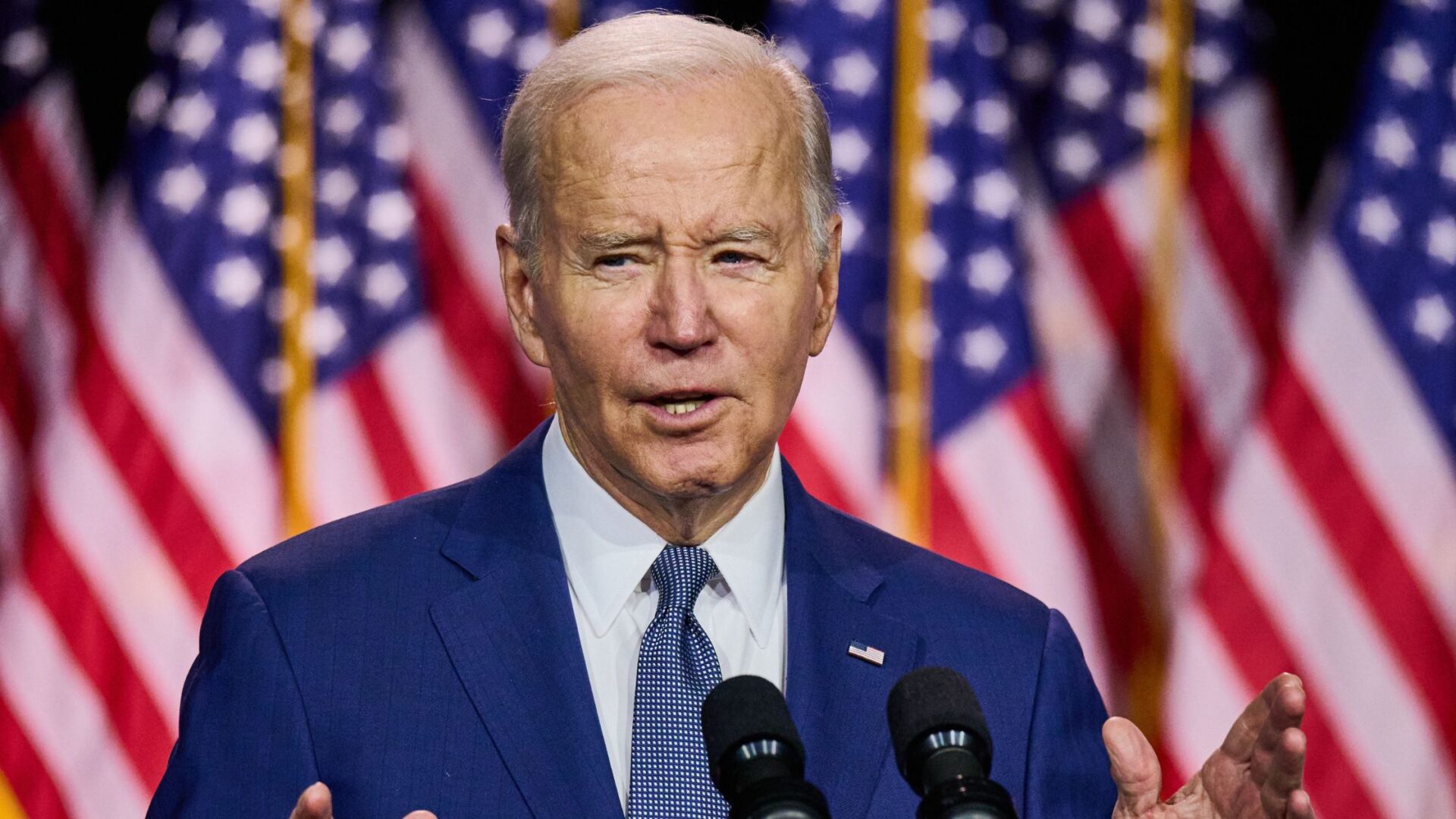Key Takeaways:
- Former US President Joe Biden has been diagnosed with prostate cancer.
- The cancer has spread to his bones, which has surprised some doctors.
- Biden noticed urinary symptoms, leading to the diagnosis.
- This raises questions about his health during his presidency.
Joe Biden’s Recent Health News
Joe Biden, the 82-year-old former US President, recently revealed he has prostate cancer. His office made this announcement, stating that the diagnosis came after he visited a doctor for urinary symptoms. This news has brought attention to Biden’s health, especially considering his age and active career.
What Is Prostate Cancer?
Prostate cancer is a type of cancer that begins in the prostate gland, a small walnut-sized part of the male reproductive system located below the bladder and in front of the rectum. It can grow slowly or spread quickly, but early detection is crucial for effective treatment.
Why Is This Diagnosis Surprising?
Some doctors are surprised that Biden’s cancer, now in his bones, wasn’t detected earlier. Prostate cancer is often caught early through screenings like PSA blood tests. This case shows that even with regular check-ups, cancer can sometimes go unnoticed until later stages, especially in older adults.
How Does This Affect Biden’s Legacy?
Biden has built a reputation as a resilient and energetic leader, known for his stamina and work ethic. This diagnosis adds another layer to his story, highlighting his ability to face health challenges while staying committed to his duties.
Important Health Takeaways
Biden’s diagnosis reminds us of the importance of regular health check-ups. It’s crucial to address symptoms early and discuss health concerns with doctors. Preventive care and open communication can make a significant difference in health outcomes.
Conclusion
Joe Biden’s cancer diagnosis has reignited discussions about health awareness and aging. His resilience continues to inspire, reminding us to prioritize our health regardless of age or position. This news serves as a reminder to stay vigilant about our well-being and proactive in seeking medical advice when needed.
